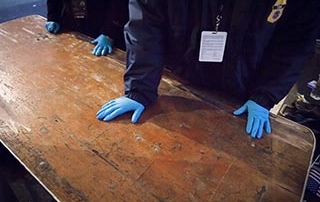Cooperating Plea Agreement in Federal Criminal Cases
Just the other day, "Bridgegate" cooperator and former Port Authority of New York and New Jersey official David Wildstein, was sentenced in federal court to probation. The two defendants that he cooperated against were sentenced to 24 months and 19 months in federal prison. Despite the fact that Wildstein pled guilty to two counts of conspiracy for his role in the offense, and faced several years in prison, the sentencing judge granted the government’s downward departure motion for a much more lenient sentence – in this case probation.








